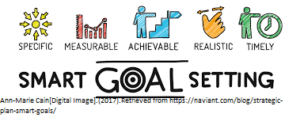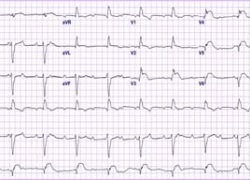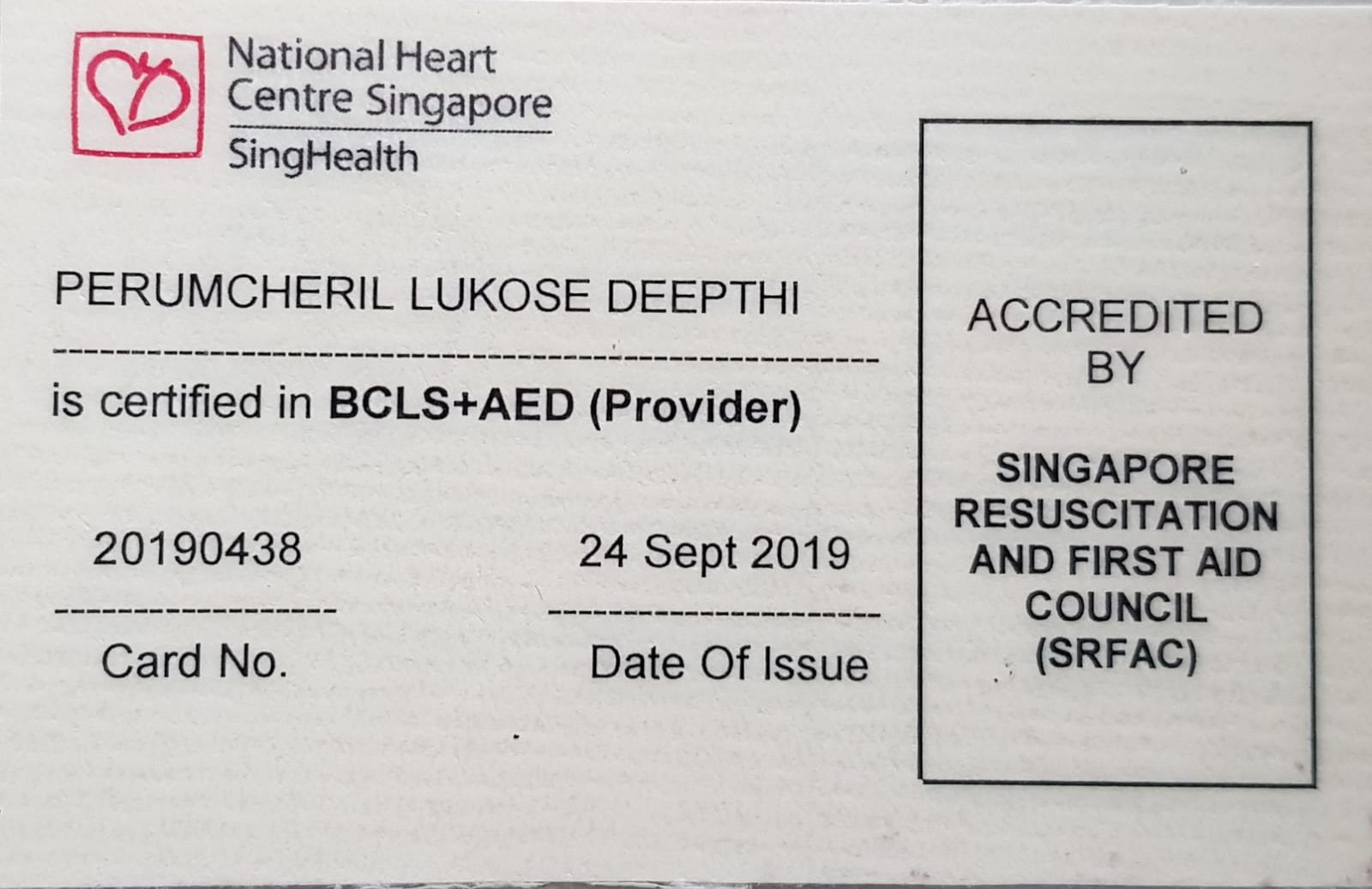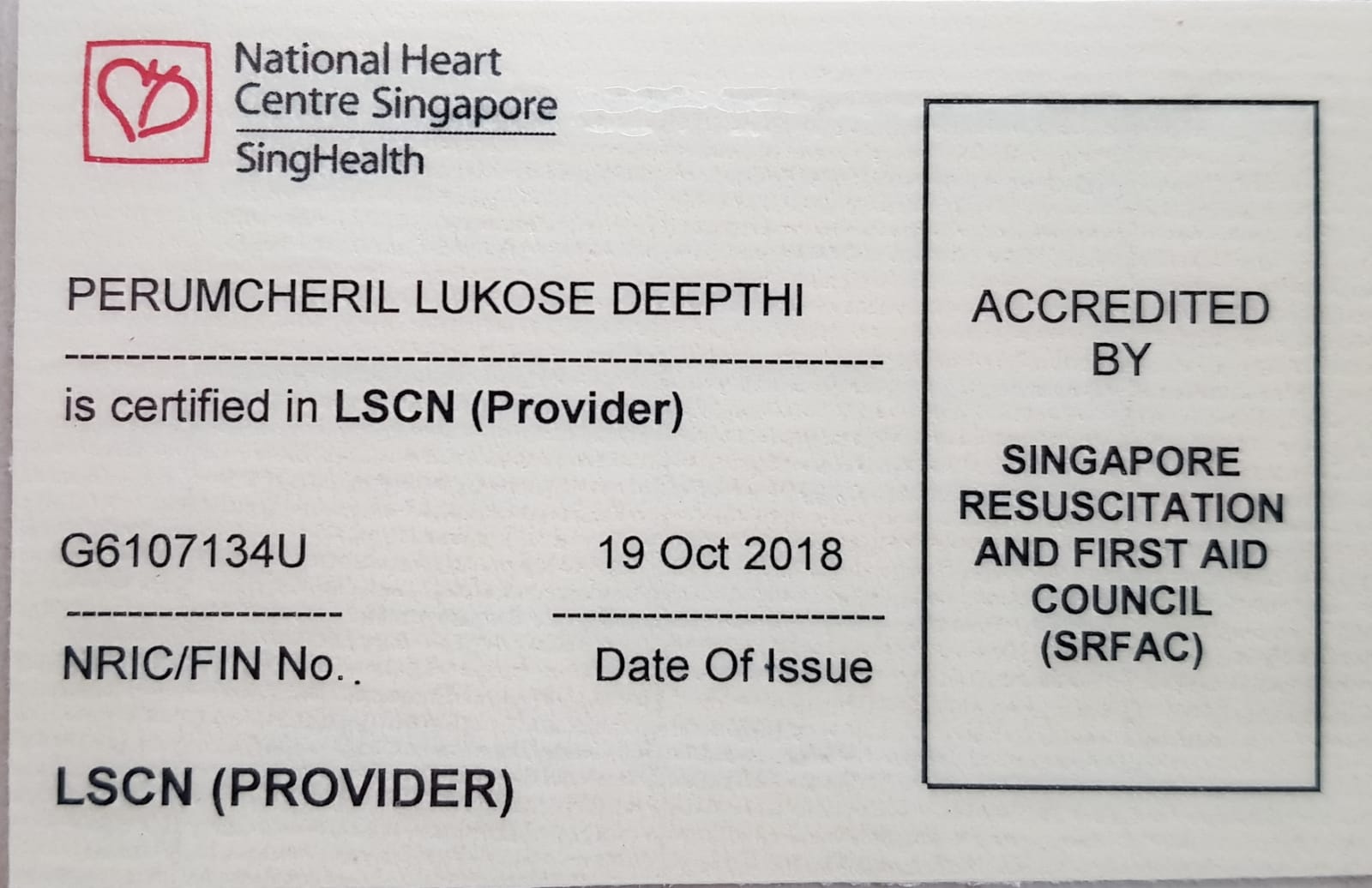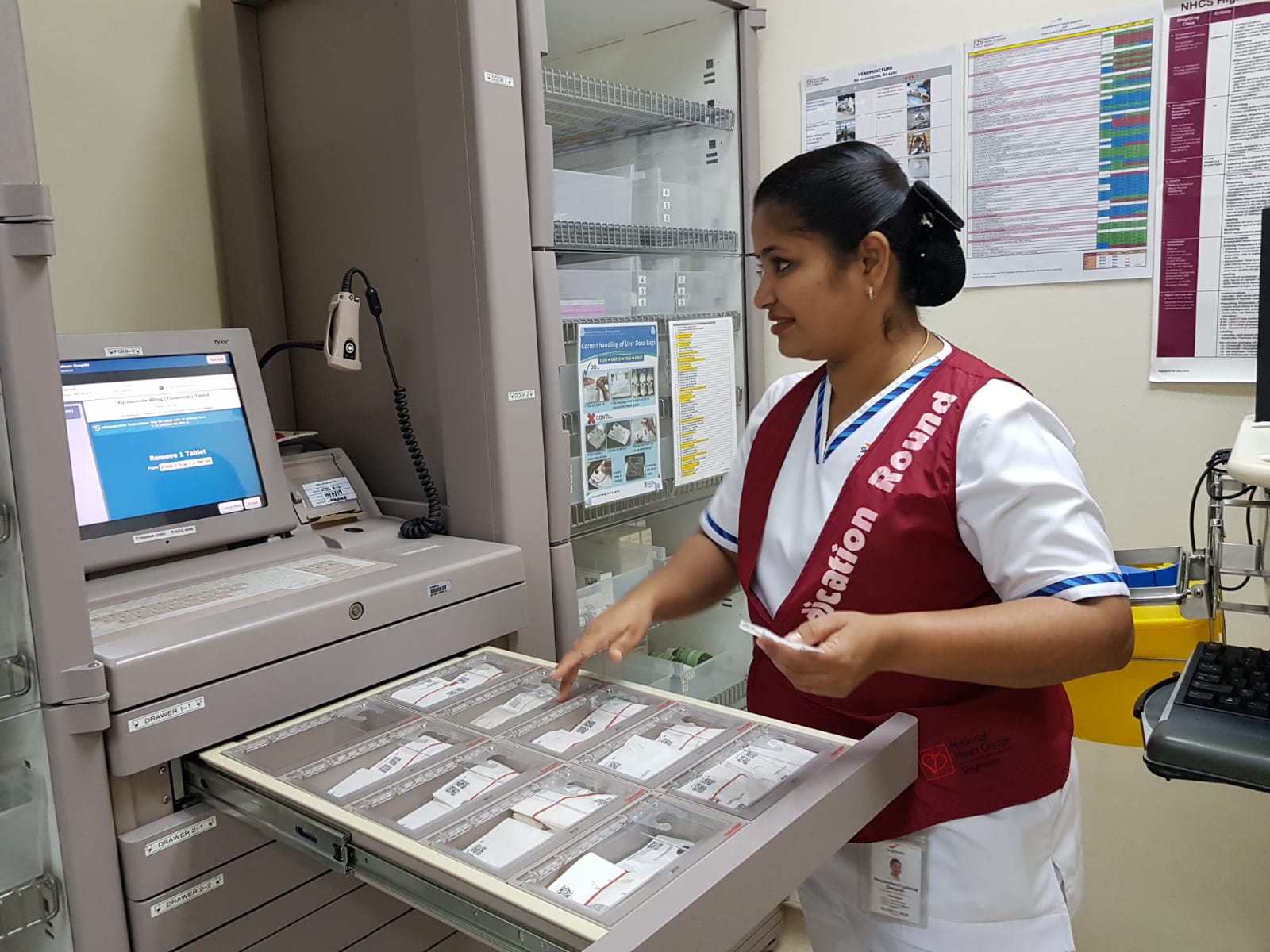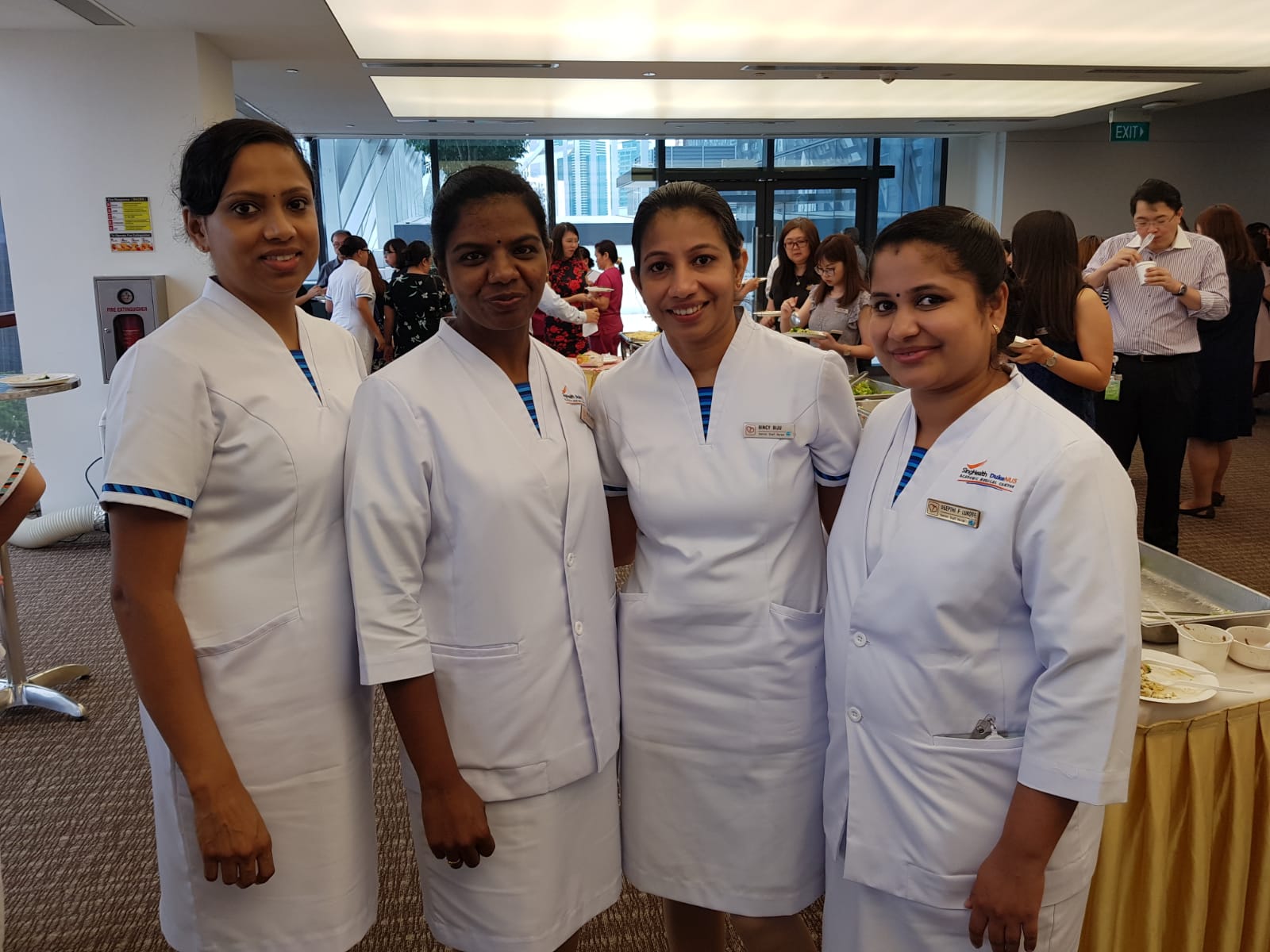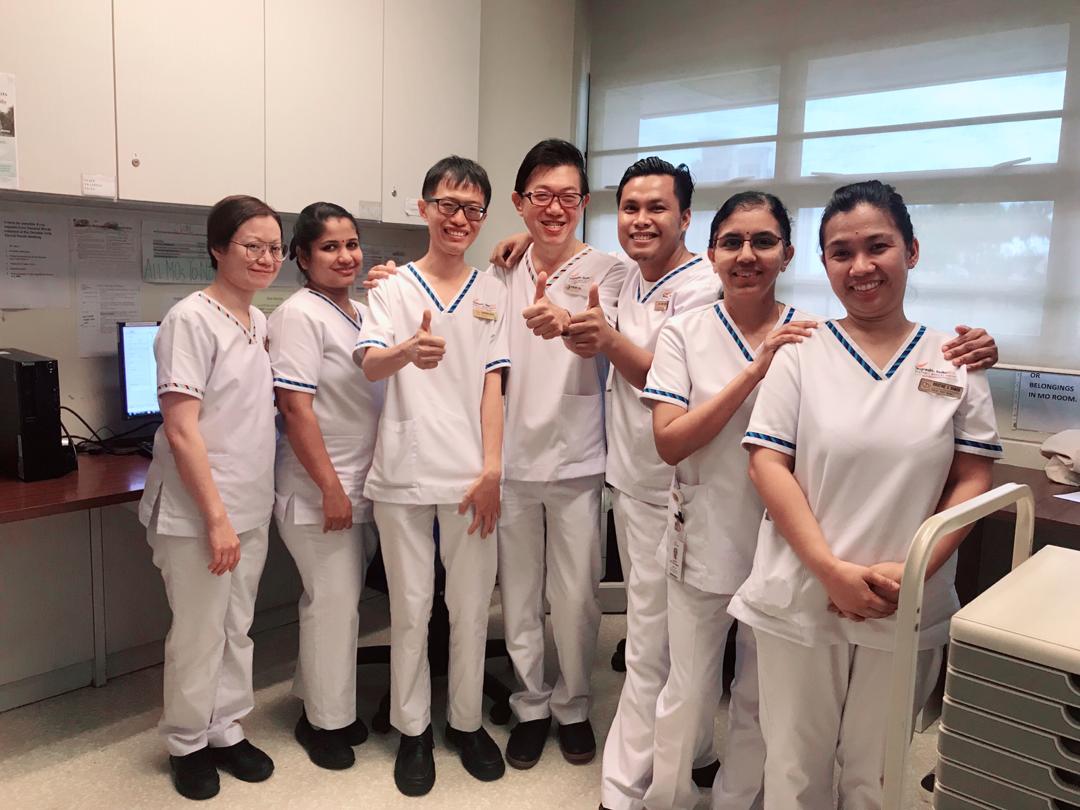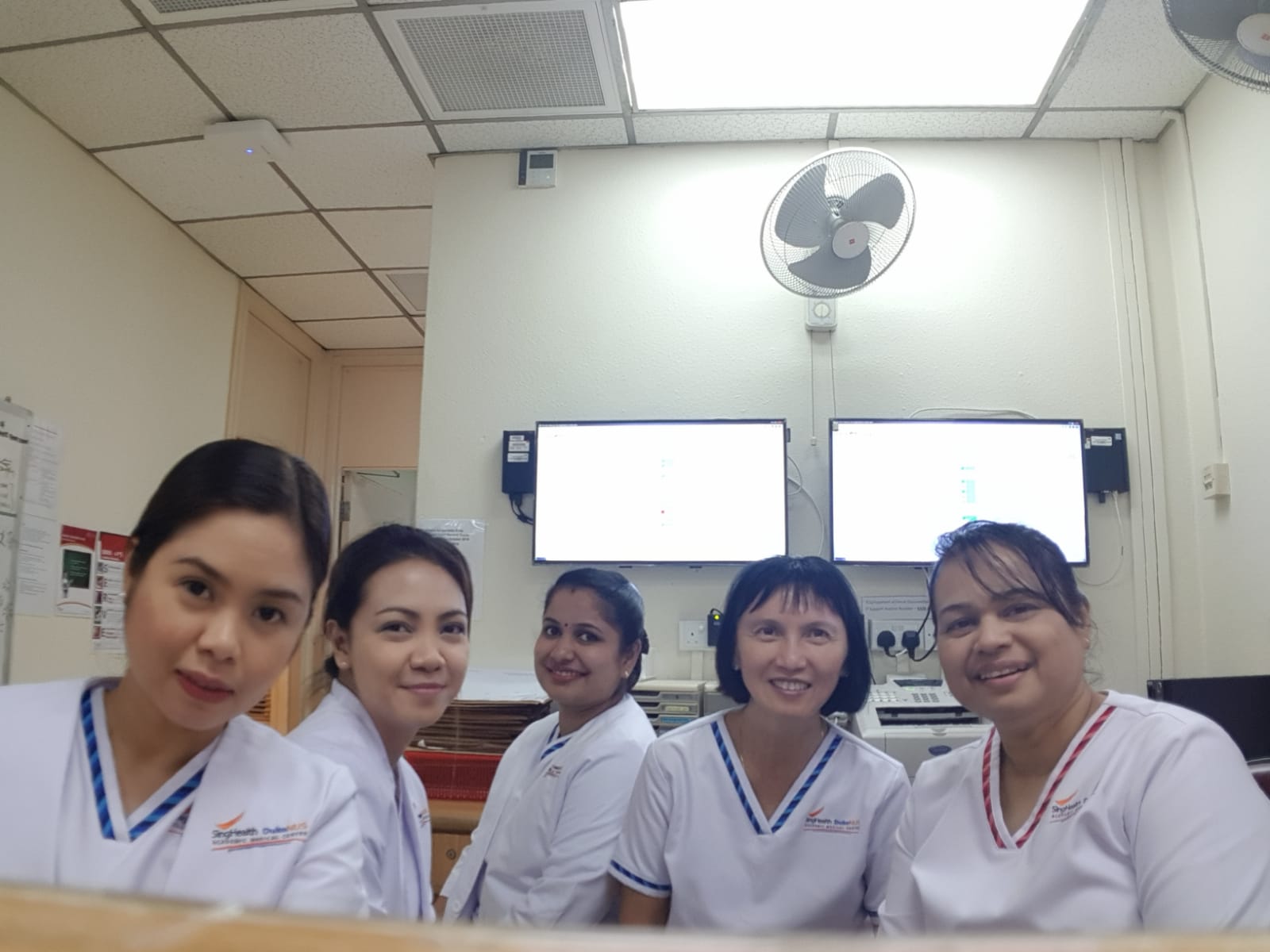About Me
Senior Staff Nurse
I was born and raised in the beautiful state of Kerala located in southern India. Since childhood, my goal was to be a registered nurse. My main source of motivation and inspiration was my mother whose constant guidance and support has made this a success. After completing my higher secondary school education, I acquired my diploma in general nursing and midwifery in the City Institute of Nursing located in Mangalore. In 2005, I began my journey as nurse. I transitioned from a novice to an expert nurse by acquiring new skills and knowledge through an array of nursing experiences in the medical surgical, mother and childcare and mental health fields. These experiences has enabled me to deliver quality patient care in an empathetic and professional manner.
In July 2006 - 2008, I joined Apollo Health City as a cardiac nurse in the Intensive Care Unit. It was my most memorable nursing experience. Apollo Health City was one of the few tertiary institutions that was accredited by Joint International Commission. It is a 350 bedded organisation that was located at Jubilee Hills; Hyderabad. I managed cardiac patients who were admitted for critical conditions such as myocardial infarction, congestive cardiac failure, post coronary angiogram and angioplasty, patients with dangerous heart rhythms or post invasive cardiac procedures. I also had the opportunity to utilize modern technological equipments while caring for these patients in the ICU.
This clinical experience had driven my motivation to expand my role as a cardiac nurse. I ventured to Singapore looking for new clinical experiences. I joined National Heart Center of Singapore (NHCS) in August 2008 as an enrolled nurse. NHCS is Singapore's most reputable and recognized organization that focuses primarily on heart diseases. I was recruited as an enrolled nurse instead in view of the high skills and knowledge requirements. However, with hard work, perseverance and determination, I upgraded myself to a Registered Nurse in the Cardio thoracic department in September 2010. .

Testimonials
"Deepthi is a hardworking colleague and a very dedicated staff nurse to her patients. She used her good judgment to render good nursing care to those patients who need immediate care. She is also helpful to her colleagues and is very respectful to her seniors and supervisors. She is very punctual in her attendance and finishes her work on time"

"Deepthi is a skilled nurse. She is consistent in her performance. she is responsible and reliable. She always shows up earlier for her duty, works hard and carries her self in a polite and respectable manner. In addition, she is able to work independently. She is able to follow through to ensure that the job gets done. She is able to provide safe and good nursing care to patients under her care. She has received numerous compliment feedbacks from patients and their families.."

As a cardiac nurse, I need to ensure that I am to up to date with the relevant skills and knowledge that will help me to care for my patients better. As such, I regularly attend in-service talks and training programmes to expand my knowledge and skills. Furthermore, I took on the role as a preceptor to broaden my horizons as a clinical nurse, As a preceptor, I guide newly graduated nurses to care for patients in the clinical settings. As a preceptor, I believe that this is an excellent opportunity for me to strengthen and reinforce my understanding on major clinical concepts.
Today, as an experienced senior staff nurse, I am equipped with valuable skills that will enable me to provide quality and efficient patient care to all my patients. To conclude, I believe that nursing is an art that requires a lot of passion to ensure care is delivered in an efficient and empathetic manner. My goals for the future is to gradually expand my skills and knowledge in other nursing fields



